|
The ups and downs of company trips. Within minutes of opening the carry-on bag to pack for a work trip, Kevin hops in and settles down for a nap. If only traveling was simple and relaxing. The late or early flights, waiting in airports during delays, long hours in stuffy boardrooms or convention halls, solo hotel dinners, and awkward timing for checking work emails, makes traveling for work nothing to be envied.
Work travel can be productive and fun. However, regular weekly trips become tiresome and pre-functionary. The upside, the change of environment - not being in the office - is nice break on the company's dime. That leads to the issue of what to expense and not expense. Expensing adult films in the hotel rooms and your third double at the bar are excessive if not unethical. No company should pay for your extra curricular activities unless it is a part of a work incentive strategy. In some underground corporate craziness I am sure strip club attendance isn't unheard of, but in respect of decent work environments, expensing the lap dance is not acceptable. Only the basics should be expensed - food, shelter, and transportation. If you are working away from the office weekly, using your time effectively is essential. Responding to emails as you are boarding the plane can lead to more issues as your concentration is divided between the person in front of you trying to shove their oversized carry-on bag with one hand into the overhead bin with their jacket hanging out to the side getting hooked on the arm rest and your client emailing for a breakdown of project resources. Only respond to emails that you can clearly and confidently answer without confusing results. Using your time at the airport to review documents or to project plan is productive if you are not constantly being interrupted. Working in your hotel room is also constructive. Although, the hours that you spend working during free time should be evaluated as after all-day workshops and flights can weaken your concentration leaving you unfocused. Traveling solo is hard on relationships and family. Taking trips only when really necessary can help keep you at home for longer periods. Having someone understand the elements of projects and why your attention is needed away from the office can ease the frustration at home. Not all partners share the same profession, so educating them on key aspects of your role can offer insight as to why work can distract you and take you away to travel. One-on-one conversations are needed during critical times on a project and can save the project time and money by having workshops to resolve current and future issues. When I travel, I look forward to the time to think on the plane or at the airport where I can contemplate my bucket list - which is why I work - to pay to remove items from my menu. There are also moments where I can sneak away on a trip and see something new or watch how another part of the world experiences their work day. Travel is not going away. Perhaps travel times and connectivity will change - be enhanced or become more efficient. Until we can comfortably hologram into boardrooms, face-to-face interactions will be required. Kevin will get booted from the carry-on bag at security, so I will have to take him out and de-fur the inside of my bag before I leave. When I return, Kevin will hop back into my bag while I try to unpack. As teleportation is a distant dream, removing cat hair from my travel bag now and then for work will have to do.
0 Comments
Egos in the office. When Kevin encounters other cats, he begins to observe their behaviour. He will sit and stare, slightly prepared to attack or submit, to determine who will be the boss - the top dog or cat - the Alpha.
Walking into a start-up meeting, joining a conference call for the first time, or meeting with a new client, is the same as Kevin's encounter with another feline. We assess the individuals involved and make our initial judgement to fight or flight. The societal expectations of first impressions have been discussed at length over the past years. Acceptance of different physical attributes and unique personal attire has increased in the office since the 50's & 60's. However, we still scan the meeting table to see who is wearing jeans instead of a suit, or who looks nervous instead of calmly composed. We are also looking for confidence, and emotional status. Confidence isn't easily detected during first encounters. A quiet individual with a slight stature can still be confident. Confidence isn't about knowing that you are right, but that you can survive the consequences to your actions or the actions of others upon you. When you are confident, you are able to allow yourself to appear vulnerable or submissive when it is required to avoid useless conflicts. Those with an abundance of confidence can be perceived as an Alpha - a leader, a decision maker, and an instigator. The Alpha can be big or small, short or tall, girl or guy. Like the wolf pack leader, the Alpha can be angered when challenged and vindictive when hurt. The ego is a large motivator for the Alpha. Alpha's can smell fear. Fear is what our ego uses to hold us back from exploring new things, joining an inner quest for achievement, or surrendering desire. The fear protects the ego from failure, reprimand, hurt, or negative perception of others. Keeping our ego's and Alpha's content at work can be challenging. It is very easy to retaliate with malicious words to a consultant, contractor, or client in an email or during a phone call when we feel that someone is being unjust with a task or questioning our abilities. Parking our fear, anger, and thus ego in the back alley is difficult. It is not realistic to expect that everyone can comfortably park their ego outside before walking into the office. Blatantly confronting the Alpha can result in a fight. The Alpha is not scared to fight so be prepared if you wish to challenge them. When two Alpha's go head-to-head, the infamous yardstick in the sky is ready to gather measurements and see who will be declared the winner. This game will stall the project. The time it takes for the Alpha's to fight can be minutes, days, or months, not allowing anything in the office to progress. This is where the Beta - second to lead who is confident, and does not need to be Alpha - steps-in and assists the Alpha in their reasoning to keep the project or office moving forward. Machu is a big, strong Husky. His kingdom is the inside of the house and the outside. Most critters at the dog park fear being his snack, yet, he can be goofy and cuddly and oddly cautious of fragile creatures. Our advantage as humans over Huskies, should be our ability to control our basic emotions in order to make good decisions and use our awareness to understand how we impact others. That is the global project we are all currently working on. This project has a hard time with the relationships of our co-workers and the allusion of self - it may never be completed. Perhaps each office should have a booth at the front door of the office with a sign before you start your day: "Park Your Ego Here. If Not, You May Be Rear-ended." Kevin slips on the floor while playing with his toy mouse and runs into the wall. He is not concerned with feeling that the wall is purposely out to ruin him or that the toy mouse is plotting his demise. He has his ego parked therefore, he can enjoy his play. Does what we wear to the office really matter? Mikey makes heads turn with his blue plaid scarf. Does he appear more sophisticated? Or well disciplined? Ambitious?
It is a unique human behaviour that we determine social status by clothing cues first before letting someone speak. Perhaps it is rooted in our youth of how we perceived authority figures or adults that refined attire represents intelligence and leadership. This observation is supported by online celebrity sensations lack of clothing needs. What does the colour of your socks have to do with project management? Although as a society we have made progress with trying to accept all individual persons in office management, bad hygiene and daisy-dukes still push the acceptability boundaries in the corporate HR department. Like previous generations, we still like our management to be moderately if not fully professional. Even if that means a pressed non offensive t-shirt, clean jeans, and new runners. Putting effort into yourself shows that you are willing to work towards putting effort into your team to make them look good too. Additionally, it presents to everyone your respect for your own personal value. As it becomes stressful for individuals to spend time coordinating and trying to decide on what top matches which bottoms, offices tend toward a non enforced uniform. Kaki pants and blue shirts had popularity in engineering firms in recent years. It doesn't matter if there is a specific style - crisp, clean, and appropriate is required in the office. An easy way to determine if what you are wearing is office appropriate: if you look like your graduation photo or a tourist in Vegas, then you should ask a peer for their opinion. You can also take a picture of a look or style you like and walk into a clothing store and match it. With all the low-cost clothing stores we have today, there is no reason not to look good. Another inappropriate dress give-away: if a co-worker hasn't looked at your face during a conversation then something is either too high or too low. The last thing you want is to be the distraction in the meeting when you are trying to define action items and solutions to project issues. You can also ask a peer or complete stranger if you smell funky or have bad breath. In our polite HR oriented workplace, we tend to walk away from Pitstain Pete or not include Bad Breath Betty. On days where the universe has singled you out of a billion people to unleash a deluge of frustration and failure at your doorstep, black-on-black clothes or black-and-white are a safe pick. Sometimes going to the office can feel like a black hole, so all black is appropriate. Wearing all black everyday may start to get teams talking about you therefore you may want to rotate how many days a week you wear it. Unless you work in an aspect of design - then there are no other colours. Kevin isn't interested in wearing anything. The odd time outside he will don is collar. Yet, he is always groomed, has typical cat breath, and keeps his white's white. With his confidence as well as appearance, he is ready for success. And when to let it go. Knowing when the office environment is good and when it needs cleaning. On occasion, the litterbox smells like my son's hockey bag. As you walk past the box o'clumps it reminds you that it is time for a cleaning. Other times, there are only a few clumps with no fragrant challenges as Kevin has kept all his crap in a nice covered pile.
Projects and project teams work the same way. You need to know what tasks to let go of or delegate to someone else, what you need to be concerned about for your role, and when to take someone aside and confirm if they are doing okay. Everyone will slip and make a comment that is construed by someone else to be offensive, disrespectful, or inappropriate. It is mitigating these instances and making sure that teams are at peace or in an acceptable tolerance zone. Some comments can and should be dismissed. Unless the comment affects your personal beliefs or demeans your ethics, the comment needs to be evaluated in context. There are several times a day that I chose to accept that a comment was made that I wasn't completely comfortable with, however, as there was no impact to my integrity or my personal well-being, or someone was having a bad day, in the words of Elsa, I let it go. It is unfortunate when crap gets buried for a long time and sticks to the bottom of the litterbox or it piles too high. If you are too busy running the project to pay attention to the status of the litterbox, then you need to make time. If you stop your world from spinning for 20 min. and observe or listen to your team, then your senses can alert you to issues that are percolating. The more individuals allow frustrations to fester, the more likely you are to lose them as employees or lose their productivity. To allow individuals to vent, you need to be approachable - not dismissive of other's concerns, or undermine their perspective. Listening and then trying to find a cooperative solution can go a long way. Following through on your solution(s) and a check-up some time later gives confidence to the team that your leadership is effective. Particular personalities do not like to deal with their own crap and knowingly wait until you deal with it for them. Avoidance is never good unless a pestering upper-management has finished chewing their bone and are looking for a new one. To assist those with avoidance issues, you need to confront them when it is safe and they don't feel fear. The fear of being reprimanded, deemed incompetent, or being fired. Definitely not in front of other teams or team members. Find a quiet time when you both at ease and then discusses the issue. When the litterbox smells fresh and it is smooth like sand, Kevin is happy. He stands beside his litterbox for a couple of minutes taking in the pleasant cleanliness. Soon he will get to play in his new fresh sand and the world will be good. |
Author(s)Fiona Warren - 17 years experience with large high-profile projects and teams. Archives
April 2018
Categories |
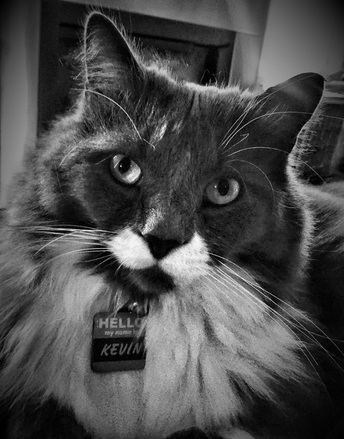
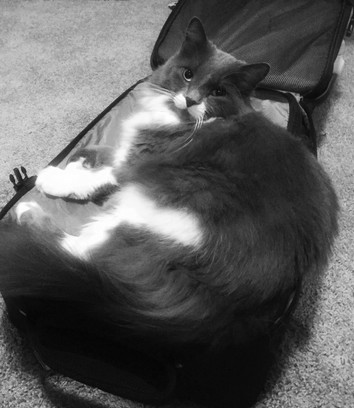
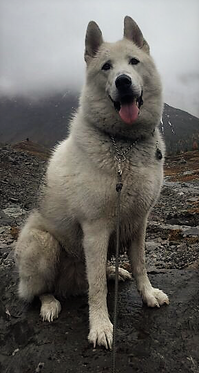
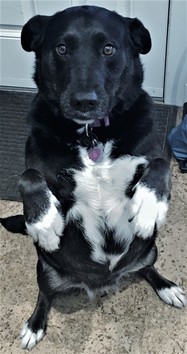
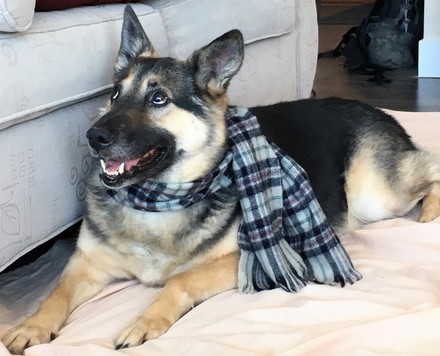
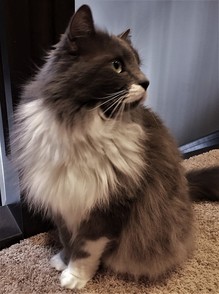
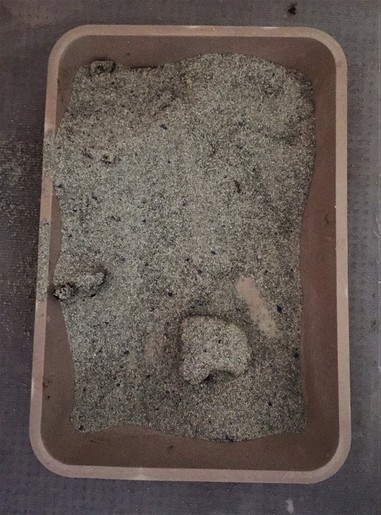
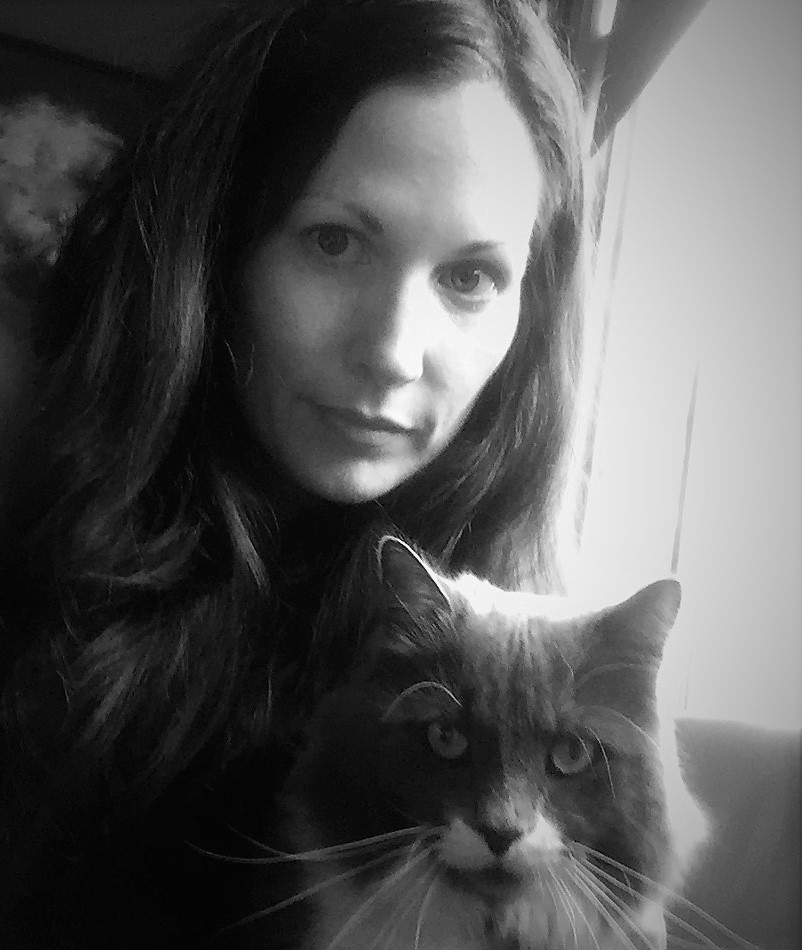
 RSS Feed
RSS Feed